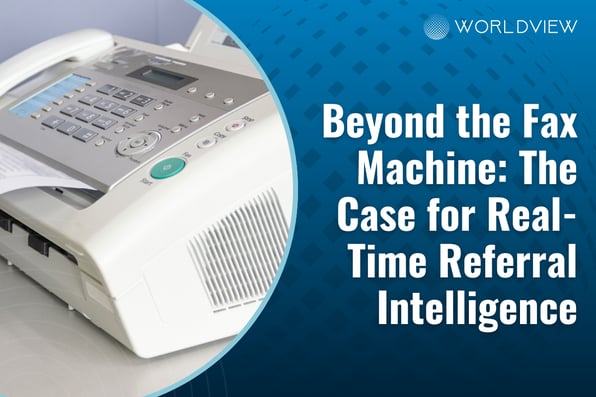The Importance of Medical Records Management for Payor Requests

Medical record requests are a fundamental part of acting as a payor in the healthcare industry. Payors perform tens of thousands of requests annually as part of their role in the field. Managing these requests manually can lead to mistakes, wasted time, and lost revenue.
Modern technology can relieve these risks, though. Implementing medical records management tools allows payors to simplify many elements of the process, reducing the likelihood of errors or denied claims.
The Rising Importance of Managing Medical Record Pay Requests
The U.S. is going through a demographic shift as Baby Boomers age into retirement. Over the past decade, the retirement-age population has grown by a third, and this trend is set to continue for the next decade. This aging population means there has never been a more critical time for payors to improve their rehab therapy and hospice medical records management processes.
Aging populations require more in-depth care, leading to a rise in hospice and rehab therapy treatment. That’s already leading to a dramatic increase in the number of medical record requests payors must submit to these practices. Inefficient hospice and rehab therapy medical records management processes are significantly more likely to cause delays and revenue losses for payors.
Benefits of Medical Records Management for Agencies
Modern technology can make managing medical records requests significantly simpler. For instance, WorldView allows agencies to:
- Track medical record requests to all practices in a centralized database.
- Monitor the request process step by step to understand the expected response timeline.
- Maintain HIPAA compliance by storing records in a secure, proprietary system.
- Improve home health agency compliance plans by maintaining better records.
- Identify and prevent lost revenue by tracking and prioritizing incomplete requests.
WorldView ltd has determined that payor agencies lose nearly 16% of all potential revenue due to automatic denials. These auto-denials occur due to incomplete record requests that are never submitted or bounce back due to a lack of information. By tracking payor record requests more accurately, this revenue can be recovered, making proper medical records management fundamental to achieving better ROI.
Document management systems are the easiest way to accomplish better request tracking. High-quality document management software allows you to:
- Create custom workflows that make submitting and monitoring requests simple.
- Search and sort requests to identify incomplete or late responses.
- Reduce manual processes, improving efficiency and reducing maintenance time.
- Avoid errors by eliminating the need for paper records and unnecessary data entry.
WorldView’s record retrieval management software allows you to accomplish all this while maintaining HIPAA compliance in your record requests.
Get Started With Medical Records Management
WorldView helps streamline the creation of home health agency compliance plans, simplifying the process for payors and providers alike. Our industry-leading document management software
- Ensures records are complete, protecting revenue streams
- Tracks responses to maintain accuracy
- Improves ROI by reducing automatic denials
WorldView allows payors to stop manually tracking every medical record request they place, leading to more efficient processes and higher ROIs. Learn more about how WorldView can improve medical records management for payors by scheduling a demo today.
Blog Post Tags
HealthcareGet Awesome Content Delivered Straight to Your Inbox!
Posts by topic
- Healthcare
- Business
- Home Care Management
- Hospice
- agency
- AI
- AP Workflows
- General
- News
- billing
- business development
- hospice-care
- Commercial
- Data Analytics
- partners
- reporting
- Integration
- Referral AI
- referrals
- Medicare
- business goals
- Operations
- medicaid
- Better Charting
- audit
- Application
- Compliance
- regulations
- Automation
- Blog
- CRM
- Events
- Industry Insights
- Press Release
- Revenue Growth
- Announcements
- DMSi
- ESign
- Guides
- Homecare Homebase
- Mobile
- axxess
- leadership
- payor See All See Less




